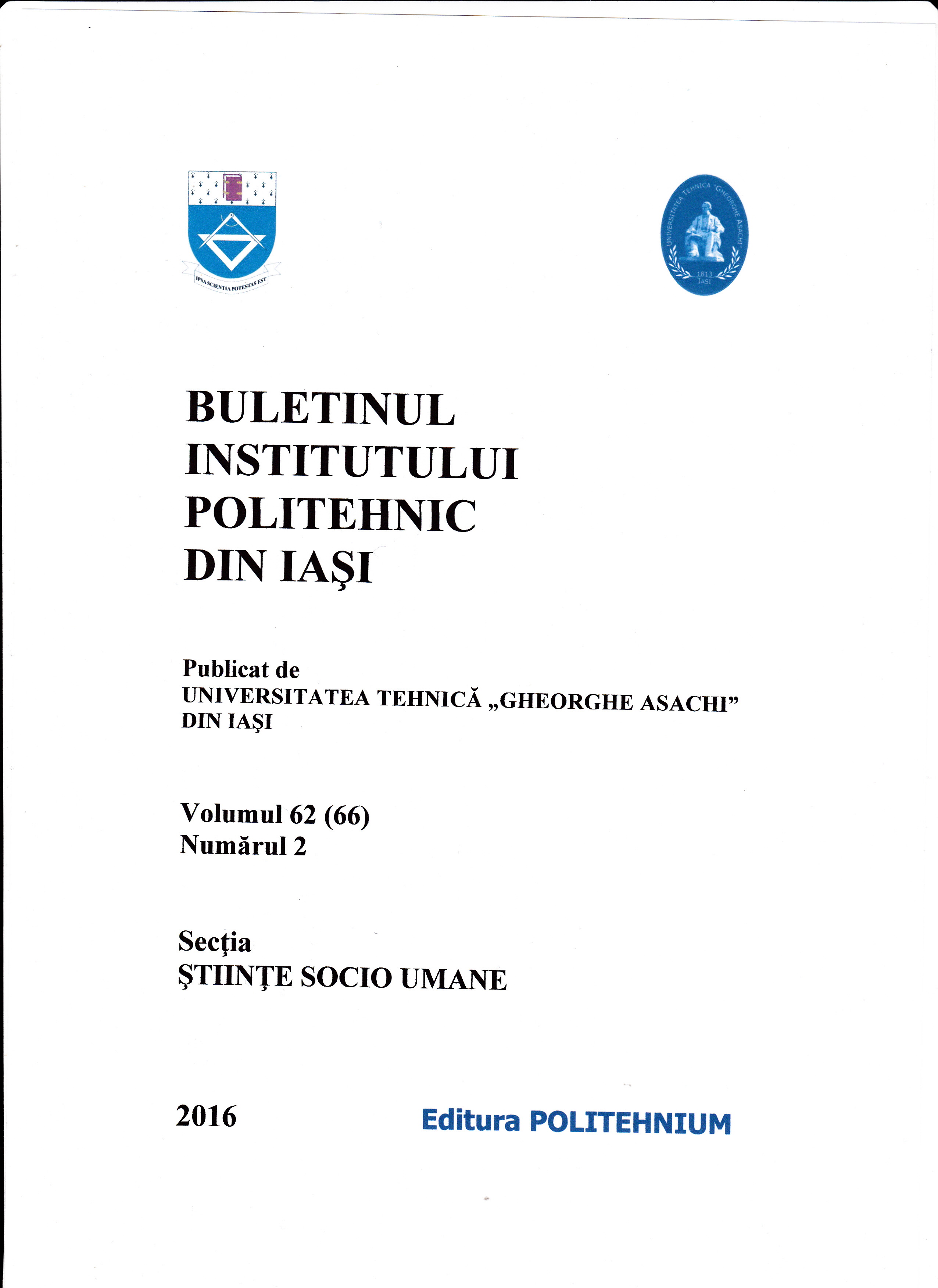The Lyricism of Drama – Tennessee Williams
The Lyricism of Drama – Tennessee Williams
Author(s): Mariana MantuSubject(s): Language and Literature Studies, Studies of Literature
Published by: Editura Universității Tehnice “Gheorghe Asachi” din Iași
Keywords: lyricism; character; human communication; realism; poetical
Summary/Abstract: Tennessee Williams, an original and brilliant creator, was the poetic innovator of American dramaturgy of the 20th century, the drama-master of a whole generation of remarkable playwrights. His works are constructed on a psychological basis, with lyrical elements that built a special universe. In his plays, Williams wrote about the social and moral decline of the South, about a dying and weakened world, lacking moral balance and lofty ideals. His works are intensely autobiographical, but not in the direct meaning of the word. His writing reflects the emotional side of his experiences, i.e. the way life events can shape the inner self. Williams’ plays, with all their melodramatic accents, are actually deeply human and thrilling, while the ineffable dramatic lyricism mainly emerges from the poetry of the text basically constructed on the reflections on the alienated human condition in a hostile space. Williams’ poetic visions, his remarkable characters, the whole universe of his plays, were actually a “response” to reality, if not even an attempt to defy. The outstanding feature of his plays is the link between the realistic detail and poetic sensitivity. The language of his dialogues is straightforward, but remains essentially poetic. So are his characters. So is his entire dramatic world as it emerges in one of his most remarkable plays, A Streetcar Named Desire.
Journal: Buletinul Institutului Politehnic din Iași secția Științe Socio-Umane
- Issue Year: 62/2016
- Issue No: 2
- Page Range: 55-62
- Page Count: 8
- Language: English

